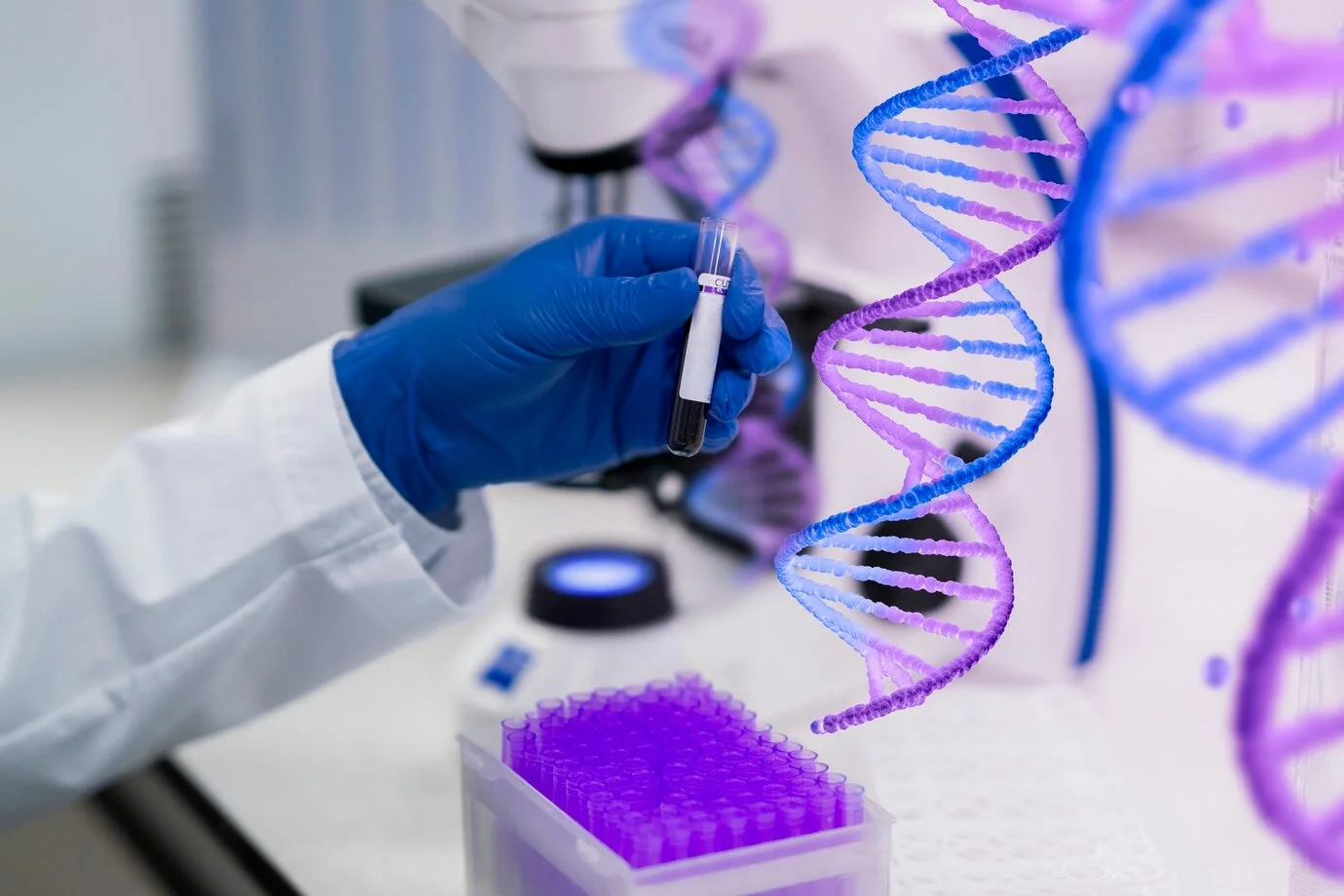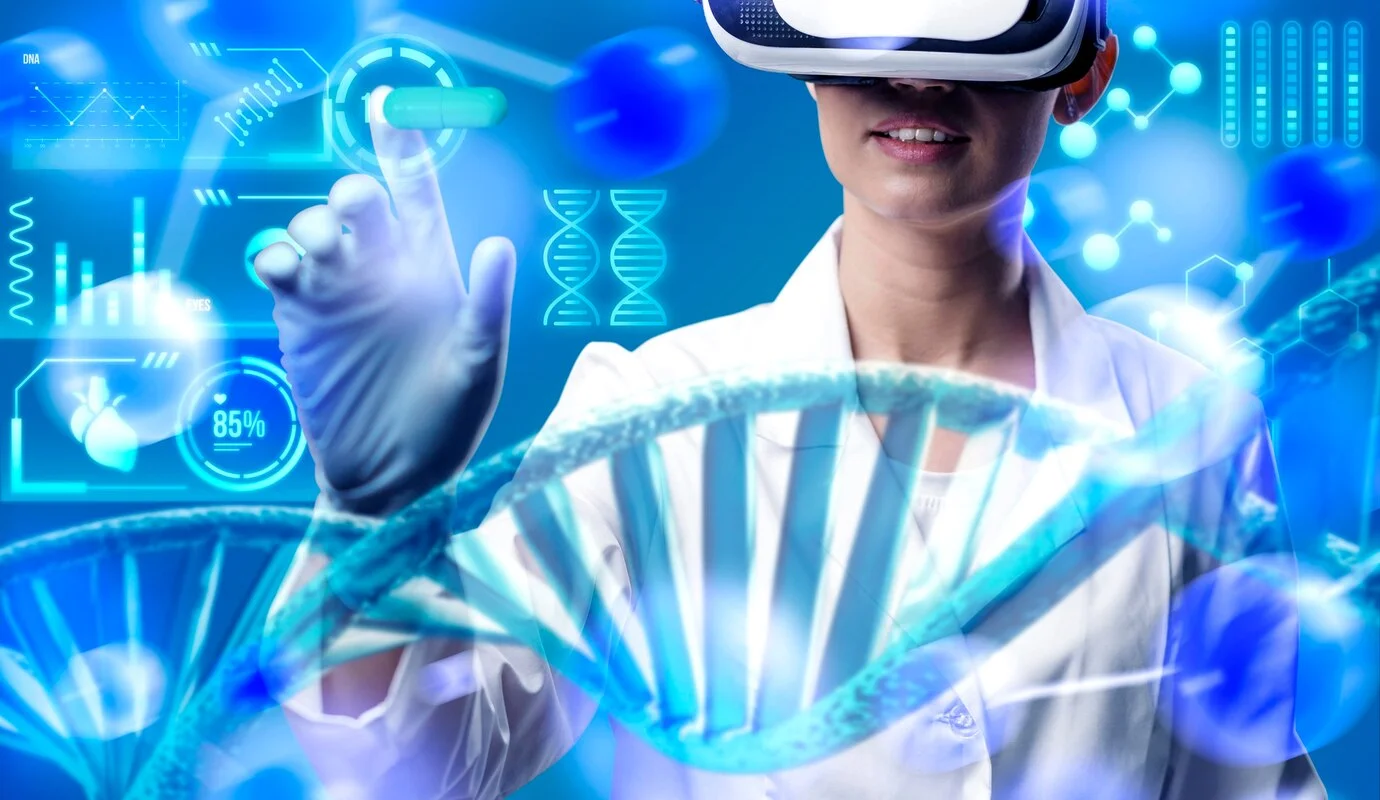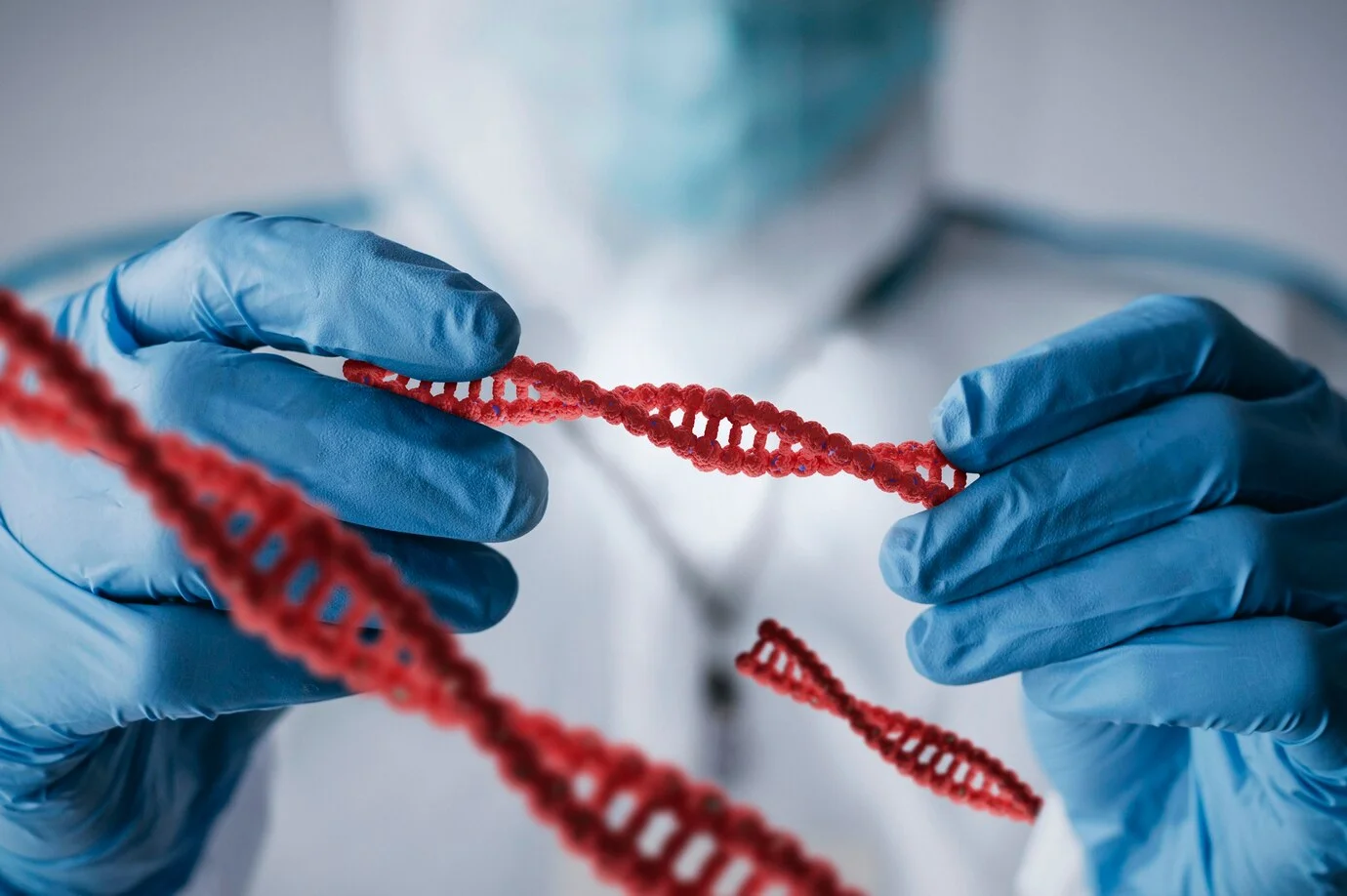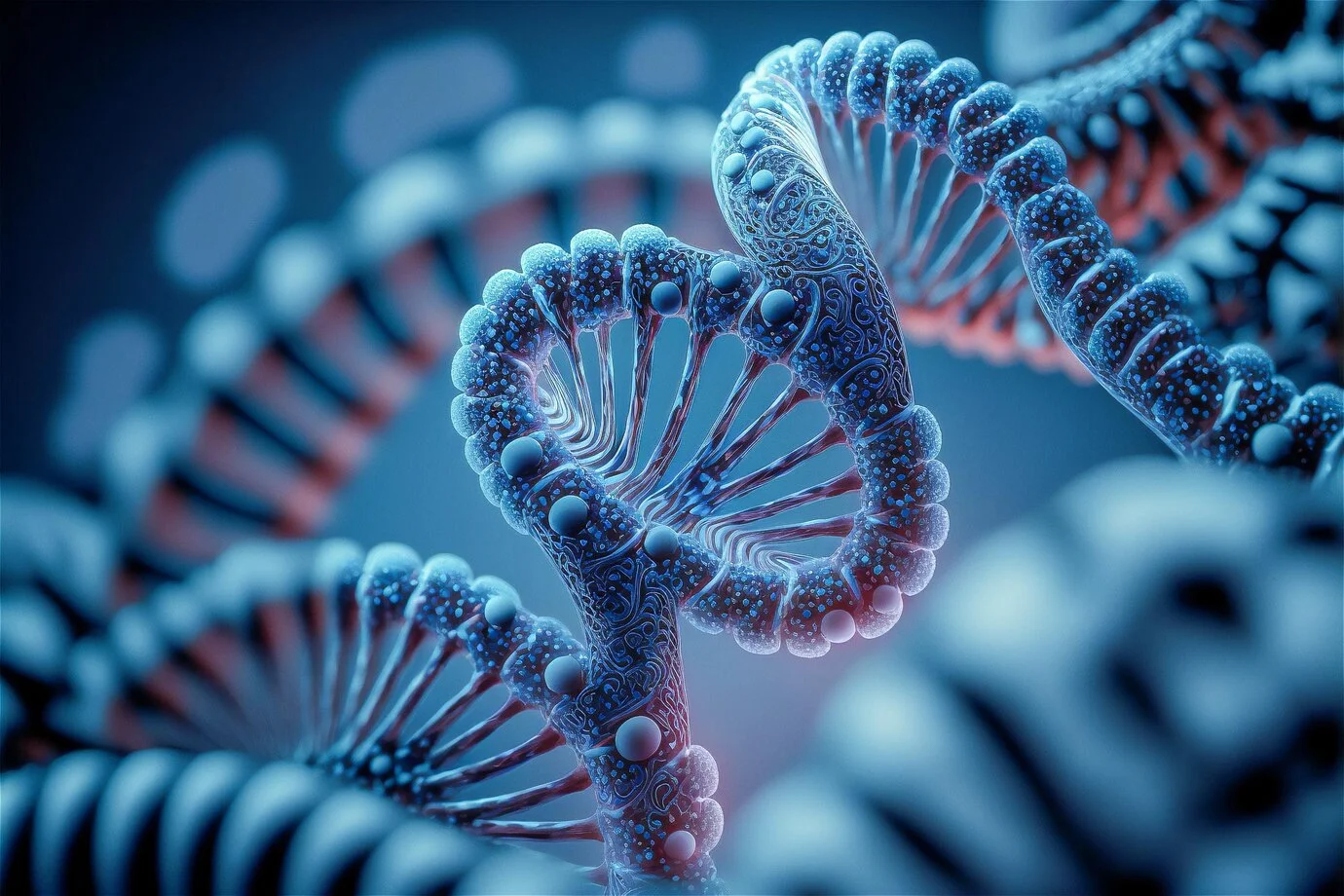These two databases were not utilized by investigators to identify the Golden State Killer suspect Joseph James DeAngelo. Instead, investigators used a service called GEDmatch, which allows users to upload a raw DNA signature. Experts created a profile for the suspect using DNA obtained from a long-preserved crime scene sample and found matches between DeAngelo's crime scene DNA and the DNA of a distant relative.
While companies like 23andMe, Ancestry, and Helix (National Geographic's genetics service) only accept saliva samples for genetics testing — an easy way to obtain DNA — a similar company called Genealogy DNA could potentially accept hair or blood, according to Joe Fox, a manager for one of the company's surname projects.
However a company obtains your DNA, privacy advocates warn that there is cause for concern. Although genetic data is ostensibly anonymized, companies can and do sell your data to third parties, such as pharmaceutical companies. Once uploaded, your DNA data could potentially be shared elsewhere, advocates caution.
Here's how to delete your data from a few of these services.
Your data and saliva may be retained by 23andMe for ten years.
The primary service provided by most commercial genetic tests is based on the extraction of your DNA from your saliva — that's how you receive results about your health and ancestry information.
After 23 and me upload dna, the company will ask if you'd like your saliva to be stored or discarded. However, you are not asked the same question about your raw genetic data — the DNA extracted from your saliva.
Based on the wording of a document called the "Biobanking Consent Document," it's somewhat unclear what happens to that raw DNA once you opt to have the company either store or discard your saliva.
Here is the document's exact language:
"By choosing to have 23andMe store either your saliva sample or DNA extracted from your saliva, you are consenting to have 23andMe and its contractors access and analyze your stored sample, using the same or more advanced technologies."
That leaves a bit of a gray area as to what 23andMe can retain, and how they can use your DNA data. If your saliva or DNA sample is stored, the company can hold onto it for anywhere between one and 10 years, "unless we notify you otherwise," the Biobanking Consent Document states.
However, you can request the company to dispose of your saliva. To do so, go to its Customer Care page, navigate to "Accounts and Registration," scroll to the bottom of the bulleted list of options, and select the last bullet named "Requesting Account Closure."
Once there, you'll need to submit a request to have your saliva sample destroyed and/or have your account closed.
Ancestry won't discard your saliva unless you call, but you can delete your DNA results.
To delete your ancient ancestry dna upload, use the navigation bar at the top of the homepage to select "DNA."
On the page with your name at the top, scroll to the upper right corner, select "Settings," then go to "Delete Test Results" on the right-hand column.
According to the company's latest privacy statement, doing this will result in the company deleting the following in 30 days or less: "All genetic information, including any derivative genetic information (ethnicity estimates, genetic relative matches, etc.) from our production, development, analysis, and research systems."
However, if you opted into Ancestry's informed "Consent to Research" when you signed up, the company says it cannot clear your genetic information from any "active or completed research projects." It will, however, prevent your DNA from being used for new studies.
To have the company dispose of your saliva sample, you will need to call Member Services and request that it be discarded.



